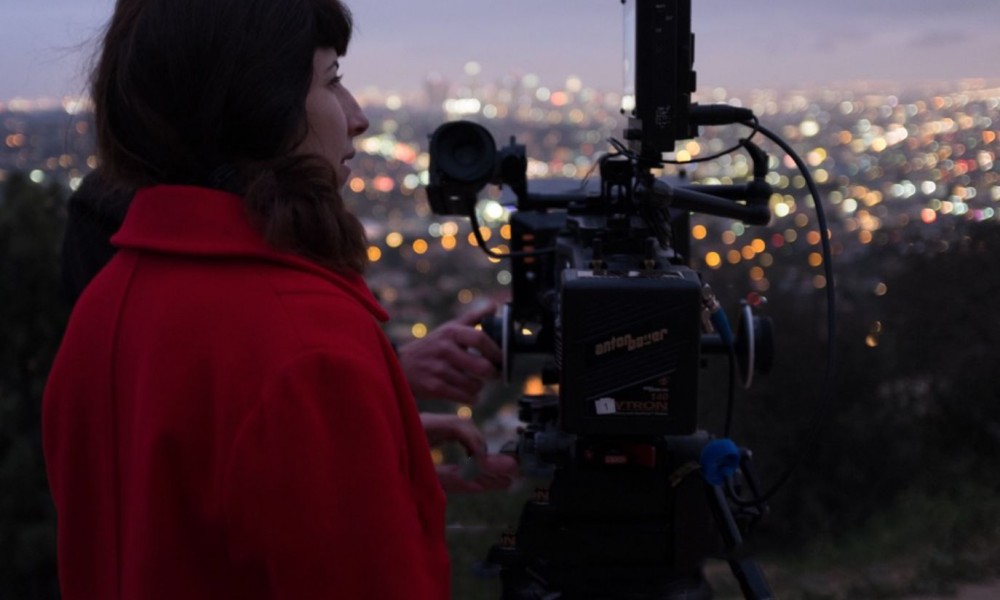

Today we’d like to introduce you to Marianne Williams.
Marianne, please share your story with us. How did you get to where you are today?
I found my mom’s Minolta 35mm still camera when we moved to suburban Kansas in 1994. I immediately found it a useful tool for documenting and communicating with the alien life forms (aka high school freshmen) I encountered there. Endless hours shooting, developing and printing at the high school lab turned into more than 20 years of experience in image making, both stills and cinema. I moved to Los Angeles to study conceptual art and photography at USC and graduated with honors. After nearly 10 years working in the arts and photography, I returned to school to complete an MFA in cinematography at the American Film Institute conservatory. The degree culminated in our thesis film VESSELS (wri/dir Arkasha Stevenson) which won the 2015 Iris Prize for LGBTQ Media. AFI gave me the necessary training to transition from photography to cinematography.
Has it been a smooth road?
The film industry is riddled with discrimination and favoritism which echoes from crew hiring all the way to the stories and images on the screen. It’s difficult to break in as a department head (like a cinematographer), and difficult to know how to react in the face of object misogyny. I was told by a mentor that “it’s a man’s industry” and I would just have to “suck it up” and accept misogyny at the workplace. I reject that philosophy and work hard to change the stigma and assumptions that people may have when they see a woman working on set. I also be sure to hire a diverse crew for every project.
Any predictions for the industry over the next few years?
Lately, we are always discussing equality in media, both in front of and behind the camera. I hope the biggest change we see is balanced and nuanced representations of human characters on screen. This can happen when there’s a balanced population behind the camera, from the cinematographer to the studio exec, but we are a long way off from equality. I push for projects that represent “everyone else” in the world besides white men, and being a woman and a department head on set is still a statement in itself. The contemporary Civil Rights Movement is hard and heartbreaking, but I love it deeply and support in every way I can. Media is quick to react as society changes, and I think the insistence on equality will ripple through the sea of our culture, including media hiring and representations, sooner than later.
What advice do you wish to give to those thinking about pursuing a path similar to yours?
You are only as good as your last project. Keep shooting and don’t turn a good project down because of material reasons like a low rate or that it’s a lot of work. Do the work and make your images great. If you are not getting the results you want then go back to school or take a workshop on a new topic. Stay hydrated, but don’t drink the tap water.
Contact Info:
- Website: http://www.marianne-williams.com
- Email: [email protected]
- Instagram: marianneleawilliams







 Image Credit:
Image Credit:
Pictured:
Diamond Cruz in Vessels, 2015
Adwoa Aboah in GURLS TALK ep 03, 2016
Maria Roman in Vessels, dir. Arkasha Stevenson 2015
Samantha Beaulieu in L’IMMIGRANT, dir. Brennan Elizabeth Peters, 2016
Mel in Gurls Talk, ep 01, dir. Eloise King, 2016
Diamond Cruz in Vessels, dir. Arkasha Stevenson 2015
Pamela Anderson for Misguided, dir. Arvida Bystrom 2016
Coneja for Gurls Talk ep 03, dir Eloise King 2016



















